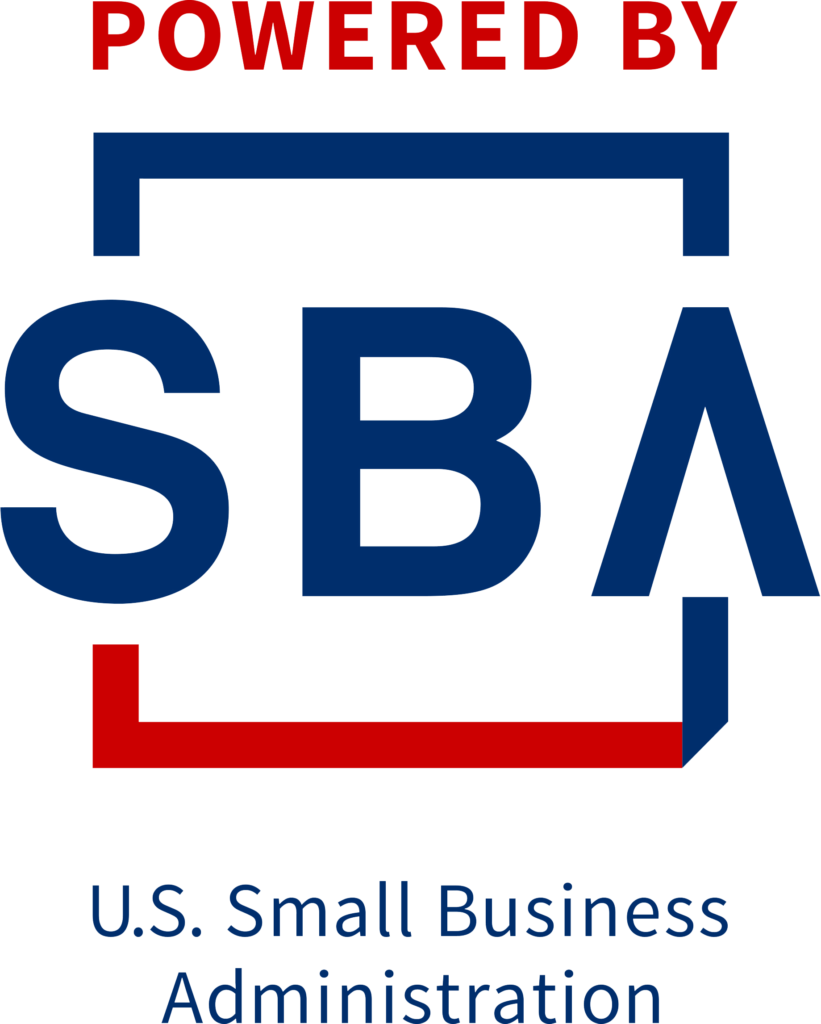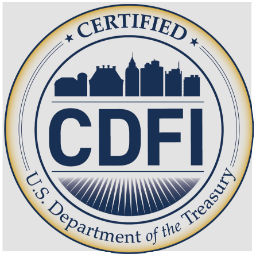Our team gathered round and created these top five tips a small business owner should be doing during this trying time. Please know we are an email, text and phone call away to share advice and tips for you to keep your business going.
1. Communicate to Your Partners
Talk to the property owner, your attorney, insurance agent, vendors, sellers, bank and finance partners, and anyone who plays a role in your business. It’s important to have a proactive discussion about the effects COVID-19 is having on your business. Discuss payments, rent, leases, financing, and other costs that reduce expenses. We know everything is changing daily, but being proactive will be one item you’ve taken a step on to strengthening your business.
2. Communicate and Implement Best Practices to Your Customers
If you are taking precautions within your business to ensure client healthiness, let them know and keep reminding them. Let them know the impact this is having on your business and how they can support you from afar. Keep in contact via email, social media, text or whatever avenue you feel would work to keep clients engaged – this will allow you to build community! Just because business is slow, doesn’t mean you should slow down your communication, keep engaged!
3. Communicate about Your Numbers
Don’t be shy, talk about numbers. Call your debtors if you are experiencing difficult in payments due to the situation. It’s better to reach out immediately to deal with this serious situation. Start investigating finance options that will help you weather the current situation like the SBA disaster relief programs. Have a conversation with local nonprofit lenders, like LiftFund, who have special programs that might help.
4. Communicate Adaptability during this Time
If your clients are appointment based, consider taking a deposit for the appointment prior. If the majority of your business is conducted in person, consider adopting technology to add digital services. Consider shifting hours to provide more options for clients or adding appointments to avoid crowds. Whatever industry, examine how you can adapt your business model during the current situation, your clients will notice.
5. Consider your Cash Flow
This is the time to examine your personal and business finances. Consider where you can reduce expenses and increase revenue. Take time to create a list of subscriptions, enhanced products, etc. Include your team and family in the conversation and ask them too.
Here are resources for your business:
SBA Disaster Loan website:
https://disasterloan.sba.gov/ela/Account/Login?ReturnUrl=%2Fela%2FLoanApplication%2FStartApplication
Here is SBA’s resource forCOVID-19 and small businesses
https://www.sba.gov/page/coronavirus-covid-19-small-business-guidance-loan-resources
Center for Disease Control and Prevention COVID 19 Site:
https://www.cdc.gov/coronavirus/2019-ncov/index.html
Credit Bureaus’ Responses to COVID-19:
https://mcusercontent.com/7c81d80d7762c8bf04f36ce32/files/7bce8e24-1844-4e65-9c5c-c3163199974c/Coronavirus_The_Credit_Bureaus_Response.pdf
Mark Cuban’s interview on how SB should manage during COVID-19
https://www.cnbc.com/2020/03/16/mark-cubans-advice-for-small-business-owners-during-the-pandemic.html



